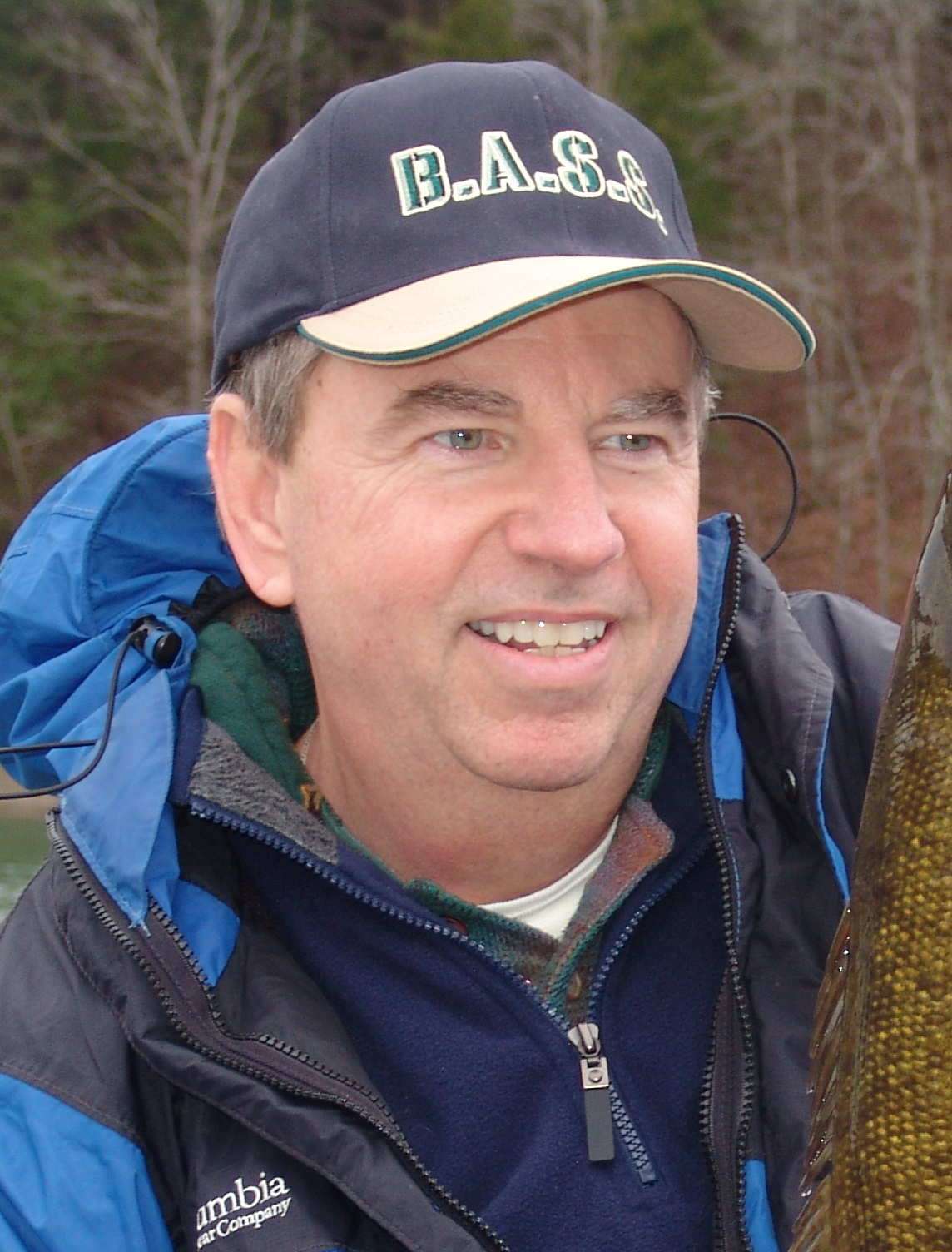Bass anglers in the state of Washington have until Friday to voice their opposition to a ban on all lead fishing tackle in 13 lakes where loons breed.
“A ban on lead fishing tackle on the proposed lakes will have a significant negative impact on recreational anglers and fisheries resources in Washington, but a negligible impact on the loon populations that it seeks to protect,” said the American Sportfishing Association. “Such a ban is not supported by sound science.” Nor is it supported by facts.
Those advocating the ban can cite only nine loon deaths from lead ingestion during the past 13 years, with just two of those occurring in the breeding lakes. A decision by the U.S. Environmental Protection Agency on Nov. 4 also does not support a ban. In denying a petition to ban lead fishing tackle in U.S. waters, the agency said that the petitioners did not demonstrate that a ban is “necessary to protect against an unreasonable risk of injury to health or the environment.”
ASA pointed out that loons are more negatively impacted by threats such as shoreline development and disease than lead fishing tackle “and it is unreasonable for the Washington Department of Fish and Wildlife to impose biologically unjustified regulations that will impact recreational anglers greatly, but have a negligible impact on the growing loon populations that it seeks to protect.”
The effort to ban lead in these lakes began in 2009, with a loon advocacy organization presenting a proposed rule. The Washington Fish and Wildlife Commission then established an advisory committee and asked for public input.
The committee was unable to reach consensus and the public was mostly against the ban, according to ASA, but the WFWC moved ahead with a rule even more restrictive than the one originally proposed. “Instead of imposing burdensome and severe regulations, the WDFW should work with anglers to help us better understand angler-loon interactions and provide opportunities for anglers to become involved in ongoing WDFW loon programs that require volunteer help,” ASA suggested.
To find out more, check out the WDFW website. And to voice your opposition to the ban by Nov. 19, go to KeepAmericaFishing’s action page.

